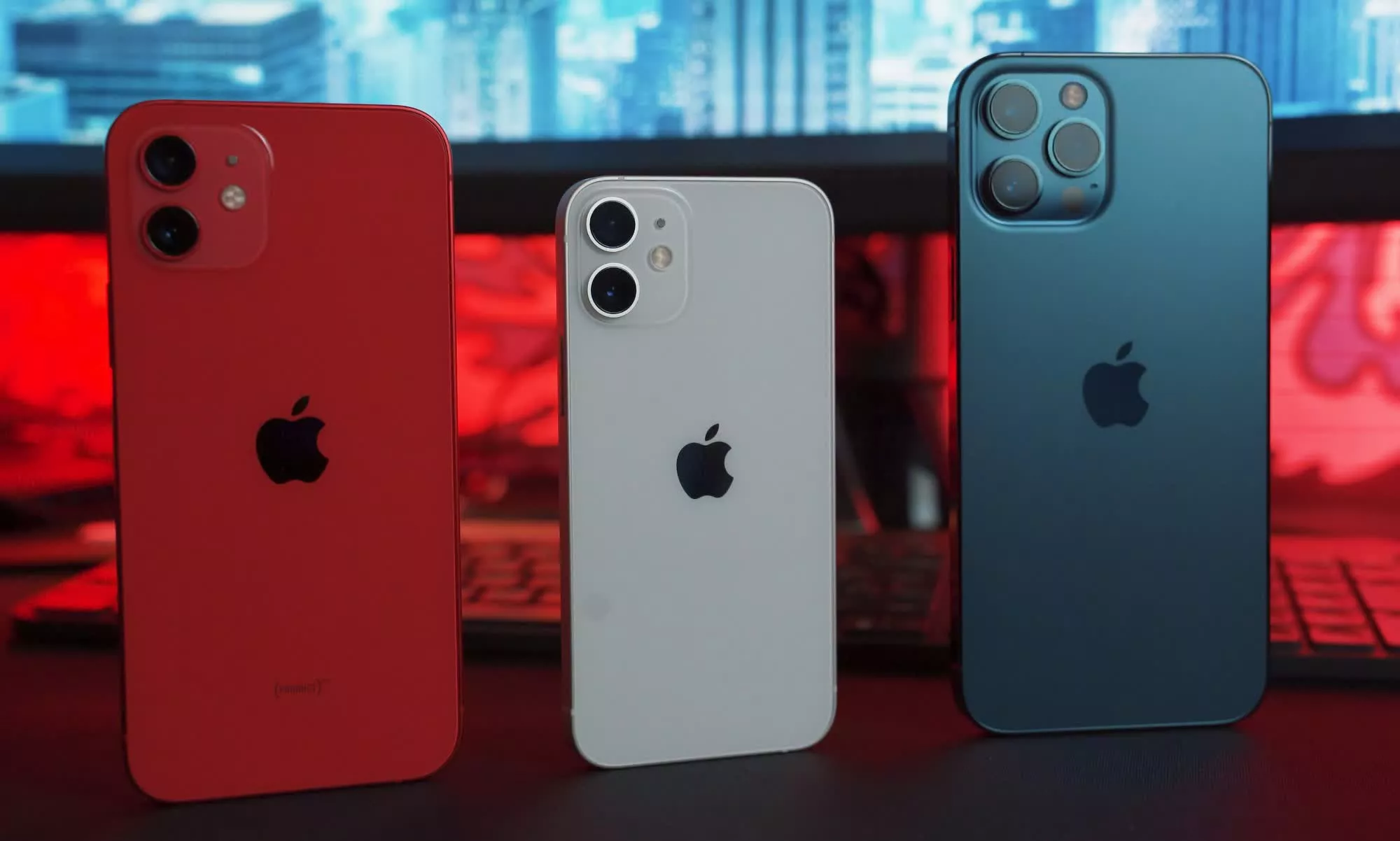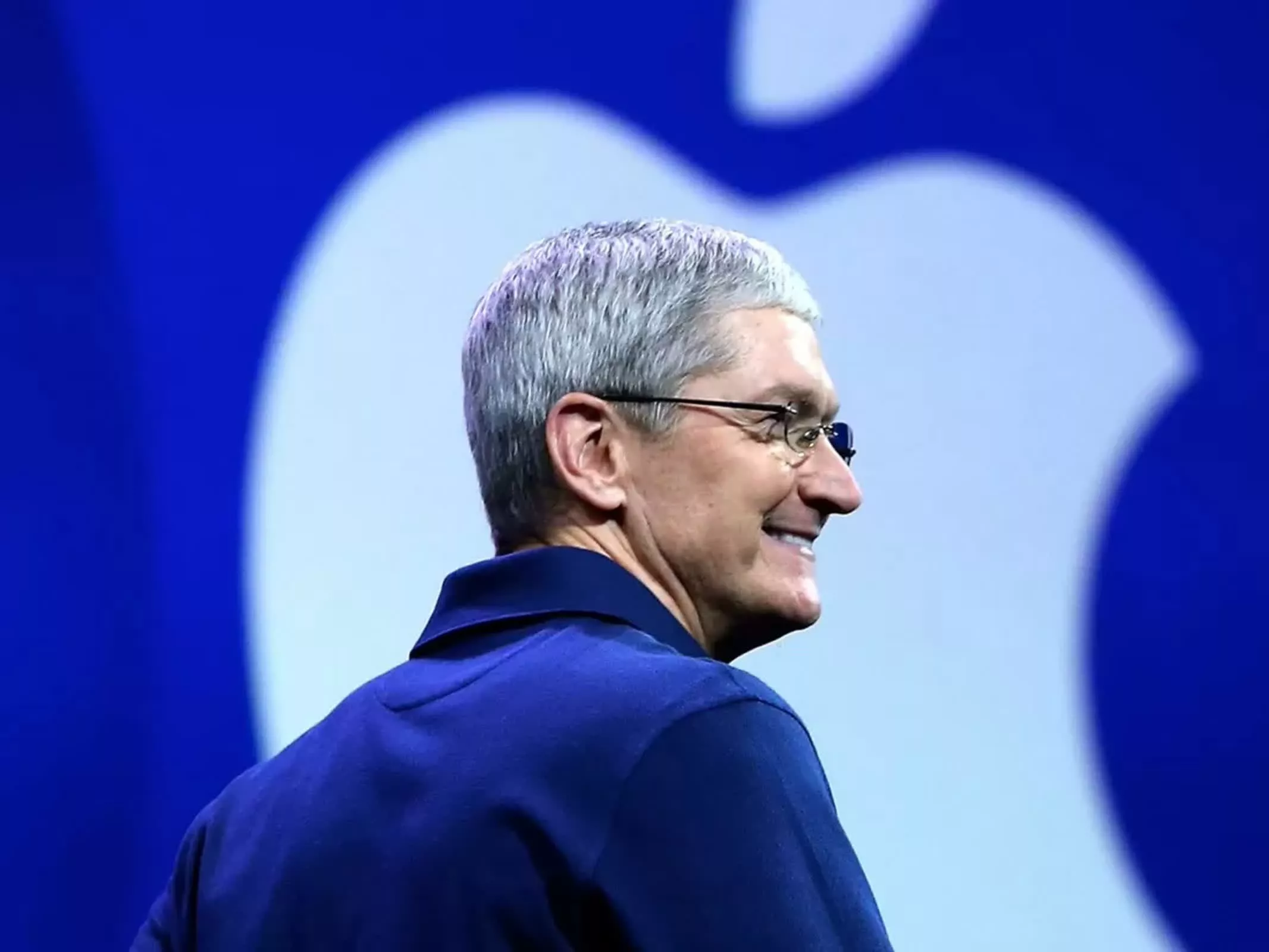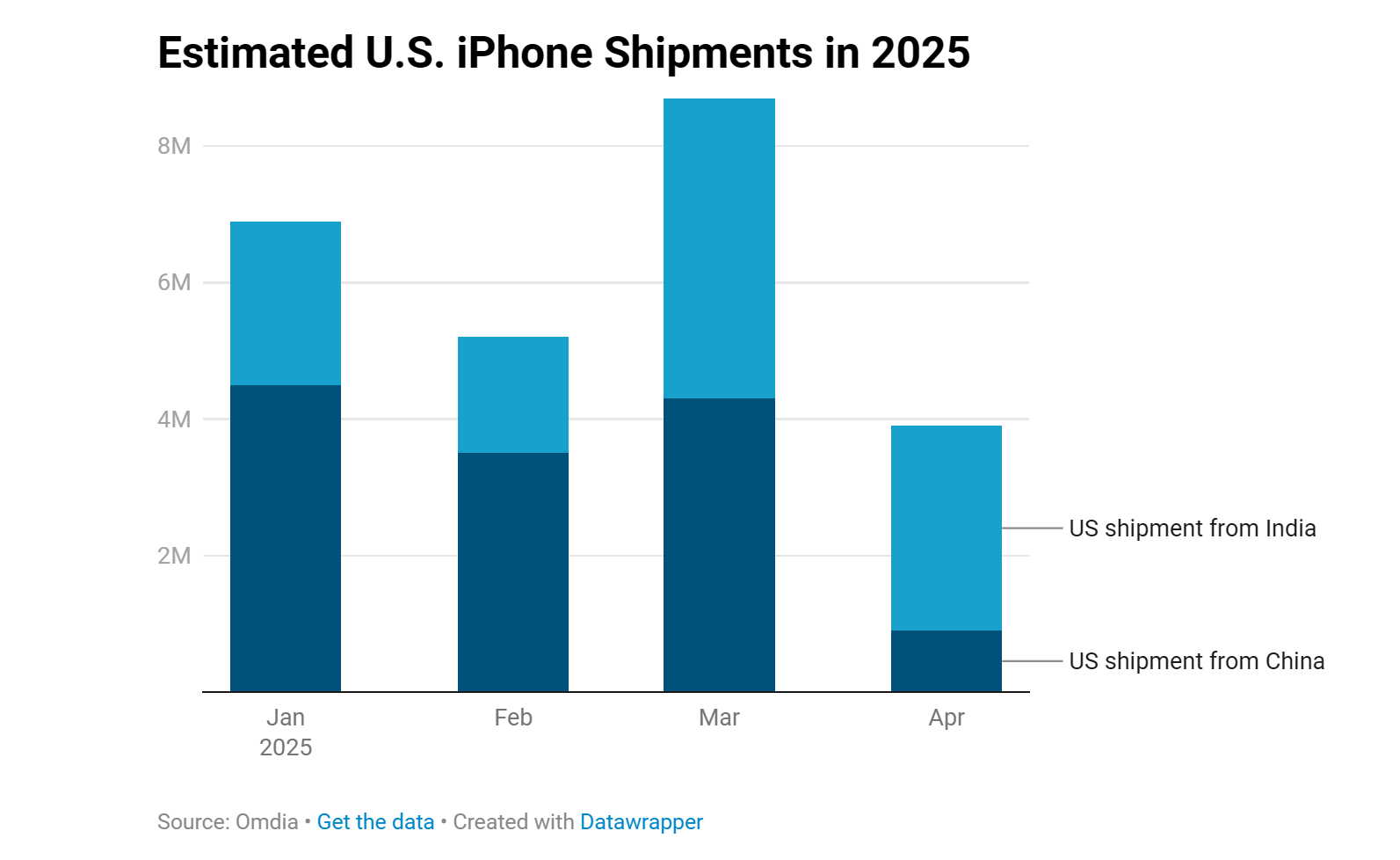What just happened? Apple has sold a lot of iPhones since the first model launched in 2007. As we approach the 20-year anniversary, Cupertino's handsets have hit a milestone: 3 billion units have now been shipped. It was an excellent quarter overall for Apple, partly spurred by people panic-buying its products over fears that the Trump tariffs would drastically increase their prices.

With fears of falling behind rivals in the AI race, struggling in its once-dominant China market, and facing pressure from Trump to shift manufacturing to the US, Apple's third-quarter earnings were highly anticipated.
But despite the worries, Cupertino reported a 10% year-over-year revenue increase to $94.04 billion, along with $1.57 per share in earnings. Analysts had predicted a much lower $89.3 billion revenue and $1.43 per share. It also marks the company's largest revenue growth since December 2021.
iPhone sales were strong, with revenue 13% higher than during the same period a year earlier. Tim Cook said it was a June quarter revenue record, with growth in Apple's iPhone, Mac, and services divisions.

Cook also mentioned during a call that Apple has shipped its 3 billionth iPhone. It took nine years from launch to reach the one billion milestone (2016), then five more years to reach two billion (2021). Four years later, and three billion iPhones have now been shipped.
Despite a lot of consumer apathy toward AI, it's an area where Apple has made costly stumbles. Its AI ambitions have been plagued by delays and turmoil, especially when it comes to the upgraded version of Siri.
Addressing these issues, Cook said that Apple is "significantly growing out investments" in AI. He added that the company was open to an acquisition or merger to accelerate its AI advancements, though he never elaborated on any potential purchases.
The Trump tariffs have also been a thorn in Apple's side. The US president has long been pushing for Apple to manufacture its iPhones entirely in the US, a proposal that is likely impossible, especially in the near-term, and could skyrocket the price of the devices.
Cook said that the China tariffs added $800 million to Apple's costs this quarter, less than the $900 million it had estimated in May. For the next quarter that ends in September, Apple believes that figure will rise to $1.1 billion.

Apple's solution to the China tariffs has been to shift iPhone production and assembly to India, but Trump has just announced a 25% tariff on Indian imports starting on August 1.
Apple ships 3 billionth iPhone as quarterly revenue jumps 10% – its biggest growth since 2021